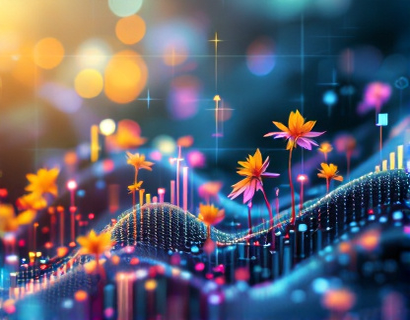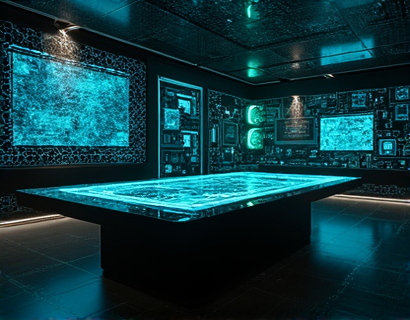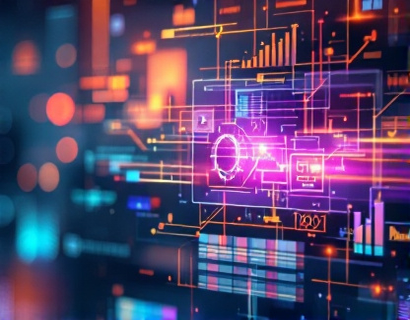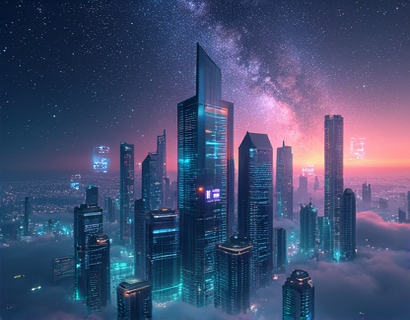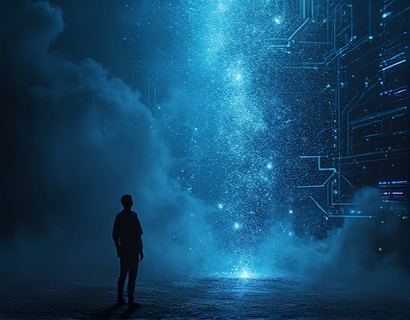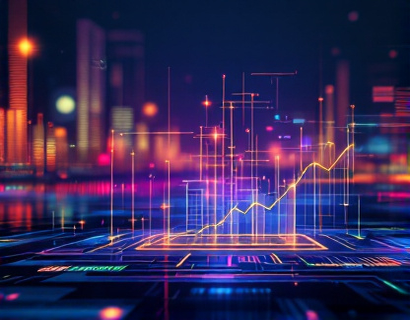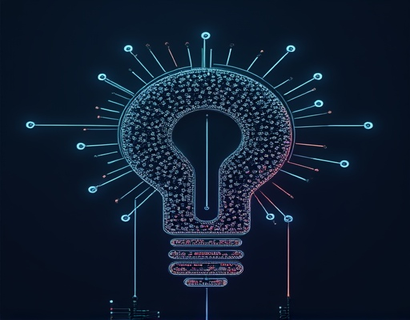Unlocking Musical Mastery: Harnessing AI for Advanced Composition and Production
The integration of Artificial Intelligence (AI) in music creation has ushered in a new era of creativity and innovation. This transformative technology is not just a tool but a partner that enhances the artistic process, making it more accessible and efficient for musicians of all levels. The advent of advanced AI music creation software has revolutionized the way composers and producers approach their craft, offering unprecedented opportunities to refine and elevate their work.
AI in music creation is not a novel concept, but recent advancements have made these tools more sophisticated and user-friendly. These systems leverage machine learning algorithms to analyze vast amounts of musical data, enabling them to generate melodies, harmonies, and even entire tracks that resonate with human creativity. For artists, this means a powerful ally that can handle repetitive tasks, provide inspiration, and push the boundaries of traditional music production.
Streamlining Composition with AI
One of the most significant benefits of AI in music composition is its ability to streamline the creative process. Traditional composition methods often involve hours of trial and error, with artists experimenting with different chord progressions and melodies. AI tools can analyze patterns and suggest viable options, significantly reducing the time and effort required to develop a compelling piece of music. This efficiency allows musicians to focus more on the creative aspects, rather than getting bogged down in technical details.
For instance, AI can generate lead melodies based on a given key and tempo, or create harmonic progressions that complement a main theme. These suggestions can serve as a starting point or a springboard for further development. The ability to quickly explore multiple ideas and variations is invaluable, especially for composers who need to produce music under tight deadlines or who are looking to expand their creative horizons.
Enhancing Sound Quality through AI
Beyond composition, AI plays a crucial role in enhancing the overall sound quality of music productions. Digital audio workstations (DAWs) integrated with AI capabilities can automatically apply optimal settings for recording, mixing, and mastering. These systems analyze the audio material and adjust parameters such as EQ, compression, and reverb to achieve a professional-grade sound without requiring extensive technical knowledge.
AI-driven plugins can also detect and correct issues in recordings, such as unwanted noise, phase problems, and frequency imbalances. This not only saves time but also ensures a higher quality final product. For independent artists and small production teams, access to high-quality sound enhancement tools was once a luxury. Now, with AI, these resources are within reach, democratizing the production process and leveling the playing field in the music industry.
Inspiring Creativity with AI
Creativity is at the heart of music, and AI tools are designed to inspire and augment the artistic process. By providing a wealth of ideas and possibilities, AI encourages musicians to explore new territories and push their creative boundaries. The collaborative nature of AI in music creation means that artists can engage in a dialogue with the technology, refining and shaping the suggestions to better align with their artistic vision.
For example, AI can generate rhythmic patterns that might not occur to a human composer, or suggest unconventional chord changes that add a fresh twist to a piece. This can lead to unexpected and exciting results, fostering a sense of discovery and innovation. Moreover, AI can analyze a musician's style and preferences, offering tailored suggestions that resonate with their unique sound, thereby enhancing the authenticity and personal touch of the music.
Elevating Artistic Vision through AI Assistance
The true power of AI in music creation lies in its ability to elevate an artist's vision. By handling mundane tasks and providing insightful suggestions, AI allows musicians to focus on the elements that truly matter—the emotional depth, the narrative, and the overall impact of their music. This synergy between human creativity and machine intelligence results in a more refined and polished final product.
AI can also assist in the arrangement and orchestration of a piece, suggesting instrumentation and layering that enhance the musical texture. For instance, it can recommend which instruments would best complement a particular melody or how to arrange a chorus to build emotional intensity. These capabilities empower artists to realize complex and ambitious ideas that might be challenging to execute manually.
Overcoming Creative Blocks with AI
Every musician faces creative blocks at some point, moments when inspiration seems elusive and progress stalls. AI tools can be a lifeline in these situations, offering fresh perspectives and ideas to reignite the creative spark. By generating new material or suggesting alternative approaches, AI helps break through barriers and keeps the creative flow alive.
Additionally, AI can analyze a musician's past work to identify patterns and preferences, providing insights that can guide the creative process. This data-driven approach ensures that the generated content is not only novel but also consistent with the artist's style, maintaining coherence and integrity in the music.
Collaboration and Community through AI
The rise of AI in music creation has also fostered a sense of community and collaboration among musicians. Online platforms and tools that incorporate AI enable artists from different parts of the world to collaborate on projects, sharing ideas and resources in real-time. This global connectivity breaks down geographical barriers and enriches the musical landscape with diverse influences and perspectives.
AI facilitates this collaboration by providing a common ground where artists can experiment and build upon each other's work. For example, a composer in one country can use an AI tool to generate a melody, which another artist in a different region can then develop into a full track. This collaborative process not only enhances the quality of the music but also fosters a sense of unity and shared purpose within the music community.
Future Prospects of AI in Music Creation
As AI technology continues to evolve, the possibilities for its application in music creation are vast and exciting. Future advancements may include more intuitive interfaces, deeper understanding of musical context, and even the ability to generate entire albums with a coherent narrative. The integration of AI with other emerging technologies, such as virtual reality and augmented reality, could lead to immersive music experiences that redefine how we consume and interact with music.
Moreover, the ethical considerations surrounding AI in music creation are an important area of focus. Ensuring that AI tools are used responsibly and that the creative contributions of human artists are recognized and valued will be crucial in maintaining the integrity of the music industry. The balance between leveraging AI's capabilities and preserving the human touch in music will shape the future of music creation.
Conclusion
The integration of AI in music composition and production represents a significant leap forward in the artistic process. By streamlining tasks, enhancing sound quality, inspiring creativity, and fostering collaboration, AI tools empower musicians to achieve their full potential. As the technology continues to advance, the future of music creation looks brighter and more innovative than ever. Embracing AI as a creative partner rather than a replacement can lead to groundbreaking achievements and a new golden age of musical mastery.





